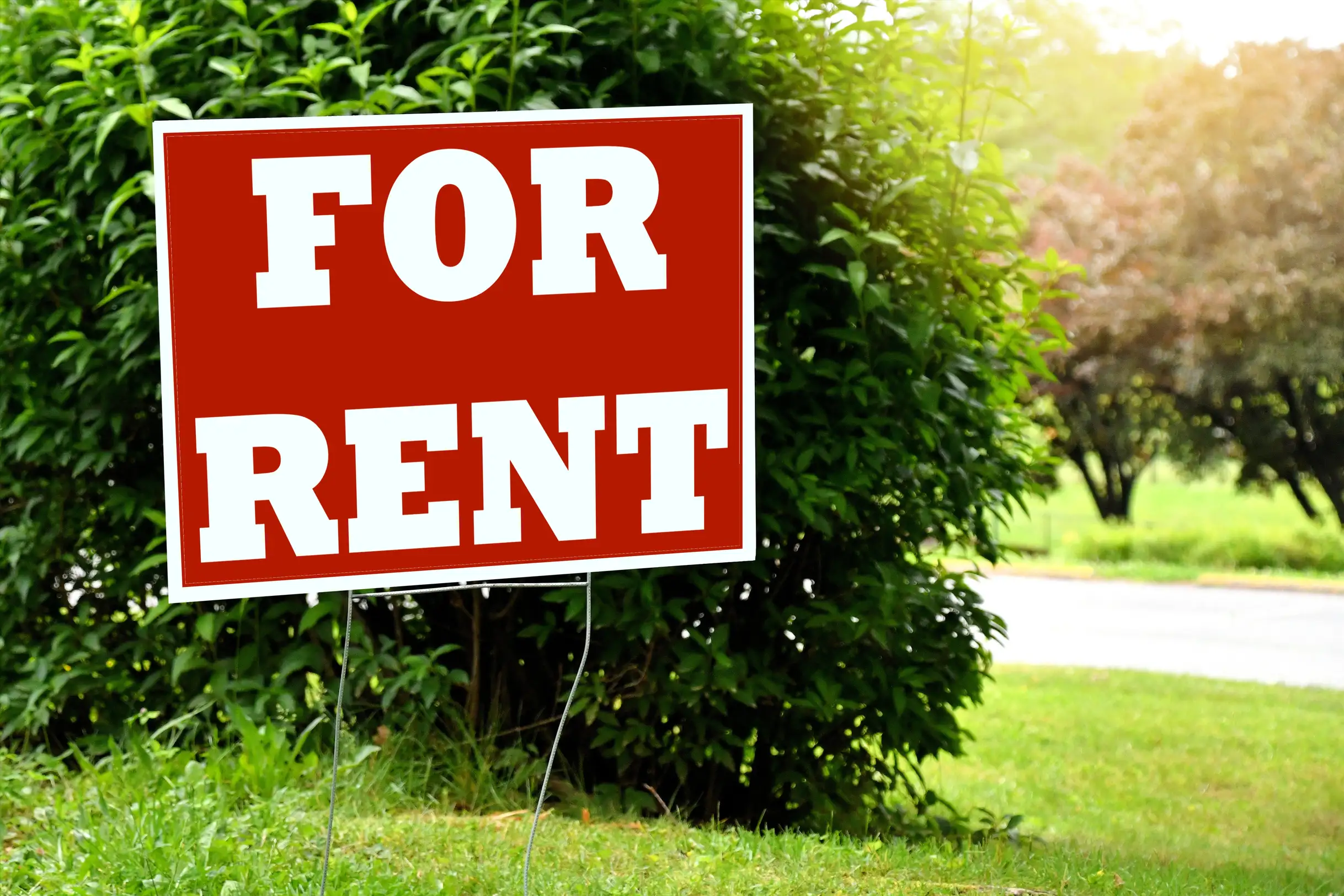Express covenants refer to explicitly written terms of an agreement between two parties and can be contrasted with implied covenants that are not written in an agreement but are implied by law. Under the principle of freedom of contract, there is, in theory, an endless array of terms that could be written into a lease agreement. In this article, we will consider the most common.
- 1. Covenant to pay rent
What is a lease agreement without some promise to pay rent? The covenant to pay rent establishes the obligation of the tenant to provide the landlord with a specified sum of money at regular intervals, typically monthly. While the rent payable does not need to be monetary in nature, it must be sufficiently certain for it to form the basis of a lease agreement, otherwise the agreement could be void for uncertainty. This term in a lease agreement should state when the rent is payable, and whether it is payable in advance or arrears.
- 2. Covenant not to assign or sublet
The covenant not to assign, sublet, or part with possession, is a useful tool available to landlords to ensure that the rented property is not assigned by the tenant to a third party. This covenant generally prevents the tenant from parting with possession of the property and renting it, or a part of it, to someone else, without the permission of the landlord. It allows landlords to maintain control over who occupies the property, and ensures they have a say in any potential changes to tenants, or additional occupants.
- 3. Covenant as to use
It is not uncommon, particularly in commercial leases, to have an express term in the lease agreement that stipulates that the property must be used for a particular purpose. This covenant can be useful to a landlord who owns and rents multiple commercial spaces in a plaza, for example, to various tenants, and would like to maintain a certain mixture of tenants in the plaza. Under such a covenant, a space that was let for the purpose of a retail space, may be restricted from being used as a restaurant space.
- 4. Covenant to repair
The covenant or obligation to repair in a lease may be placed on the landlord or the tenant and is generally a matter to be negotiated between the parties. As a matter of custom, many residential lease agreements may place the obligation for minor repairs up to a certain agreed value on the tenant, and structural, or electrical, and more major repairs on the landlord.
- 5. Option to renew
An option to renew in a lease agreement grants the tenant the right, but not the obligation, to extend the lease for an additional term upon its expiration. This provision offers tenants flexibility, allowing them to continue occupying the property without renegotiating terms or facing displacement, provided they comply with predetermined conditions. It is a common requirement that options to renew must be exercised by notice in writing within a certain timeframe before the expiry of the lease.
Where lease obligations are in writing, it is important that the clauses purporting to document these obligations and covenants be written clearly. It is advisable that you have an experienced attorney assist you with the drafting and reviewing of lease agreements before you enter into them, whether you are the landlord or tenant.

Christopher Henry is a Partner at Grant, Henry & Rhooms, and practices in the firm’s Property & Real Estate Department. He may be contacted at christopher@ghrlegal.com or www.ghrlegal.com. Gabrielle Grant Gilpin-Hudson is a Partner at Grant, Henry & Rhooms, and the head of the firm’s Property & Real Estate Department. She may be contacted at gabrielle@ghrlegal.com or www.ghrlegal.com. This article is for general information purposes only and does not constitute legal advice. Should you wish to seek legal advice, you may schedule a free consultation with our offices.



